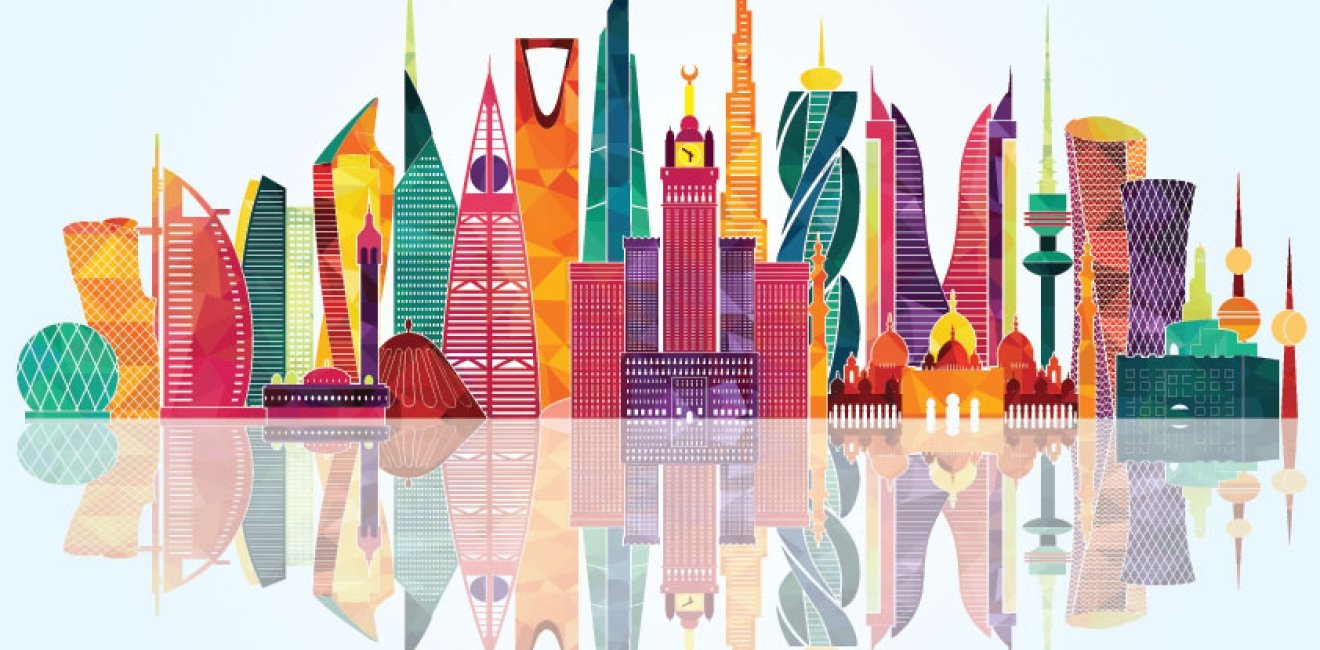
A blog of the Middle East Women's Initiative
In commemoration of International Women’s Day and Women’s History Month, the Wilson Center’s Middle East Women’s Initiative invited a number of women leaders from the region to contribute to our newly established blog Enheduanna: Voices from the Middle East. We asked women leaders from the public, private and civil society sectors to share their views on the challenges facing women in their societies and the opportunities for sustainable progress in advancing women’s rights and achieving gender parity. In this first series launched today, views from and on Egypt, Iran, Jordan, Lebanon, Libya, Sudan, Syria, Tunisia, the United Arab Emirates, and Yemen present both the struggles but also the hope for women in these countries.
Today, the Middle East and North Africa region continues to top the list of the worst faring regions in gender parity in education, labor force, health, political participation as well as women’s legal rights, according to various global indices and studies. The challenges are immense; from the lowest women's labor force participation rate (at 21%[1]) worldwide, to a significant leadership deficit in the public sector. However, women are also rising across the region to tackle these challenges head on, whether they are in the public sector, in business or running civil society organizations.
In Jordan, Egypt, Lebanon and Tunisia, women ministers in their national cabinets and political leaders have launched plans to increase women’s participation in the workforce and in the political sphere. In the UAE, for example, the Gender Balance Council was set up to “promote gender balance in decision-making positions” across the government.
Women entrepreneurs and activists are organizing at the community level in Jordan, Lebanon, Egypt, Tunisia and most recently leading protests in Sudan. They are advocating for more equality in the law, working to ensure newly reformed laws are being implemented, and mobilizing to remove barriers facing women; from the provision of childcare services, access to finance, to strict guardianship systems that limit women’s freedoms. In Iran, while women activists are subjected to torture, imprisonment and family separation, they continue to protest with vigor and strength and to push for equal rights and inclusion.
In some countries in the region that have witnessed the horrors of war, especially in the last 6 plus years, women are the primary victims of gender-based violence, forced child marriages and the loss of livelihoods. Unsurprisingly and in spite of the severity of their situations, women remain resilient in the face of war and destruction. According to UNFPA, women head a third of households in Syria. They are the child bearers, breadwinners and safe keepers. Additionally, Syrian women have been at the forefront of humanitarian efforts to Syrian refugees and are organizing a political movement to play a more central role in rebuilding their country.
Similarly, in Yemen where gender based violence increased by 70% in the first five months of the conflict in 2015, Yemeni women’s groups have been working to provide humanitarian corridors on the ground, protecting girls and women from violence, and are participating in local mediation efforts. They too are mobilizing and organizing to have a seat at the peace negotiations table.
If there is one common thread across the Middle East and North Africa region worth highlighting, it is the resilience and commitment of women to exercise leadership, with or without authority, by leading the change they want to see, not only for the next generation of women also for their communities and societies as well.
It is their dedication and tireless work that will continue to maintain this blog as a platform for more women leaders to share their stories and shed light on their experiences advocating for equity and equality for women across the region.
[1] Labor force participation rates, Female (%), The World Bank Data, 2017, https://data.worldbank.org/indicator/SL.TLF.CACT.FE.ZS?locations=ZQ
Author


Middle East Program
The Wilson Center’s Middle East Program serves as a crucial resource for the policymaking community and beyond, providing analyses and research that helps inform US foreign policymaking, stimulates public debate, and expands knowledge about issues in the wider Middle East and North Africa (MENA) region. Read more


Middle East Women's Initiative
The Middle East Women's Initiative (MEWI) promotes the empowerment of women in the region through an open and inclusive dialogue with women leaders from the Middle East and continuous research. Read more

Explore More in Enheduanna
Browse Enheduanna
Women are the Catalysts for Change in Lebanon

How Education Can Empower Young Women in MENA


